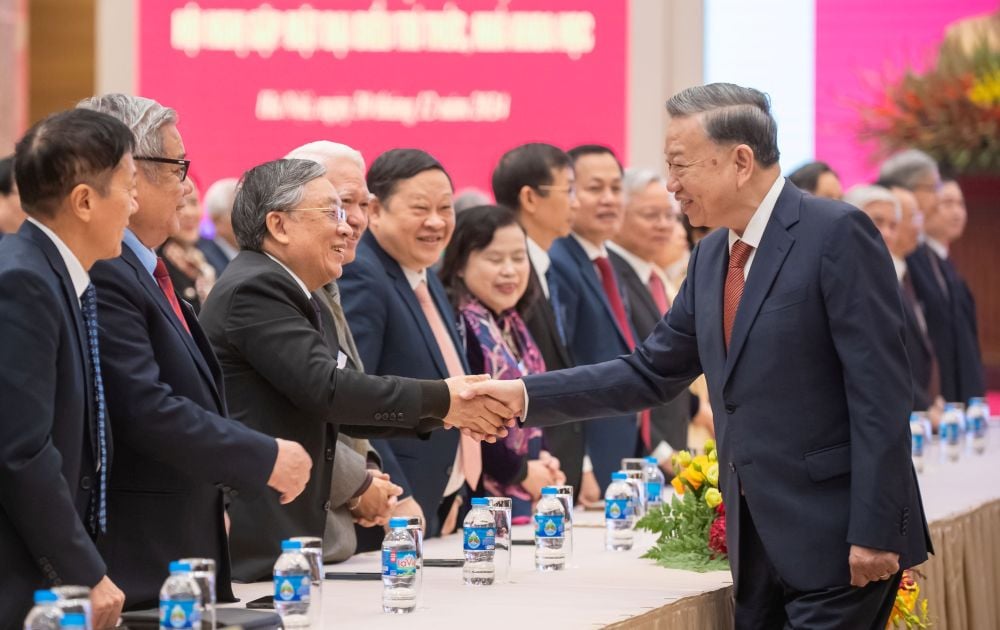
The role of social sciences and humanities intellectuals
After nearly 40 years of comprehensive national renovation, Vietnam has achieved great and historic achievements, fundamentally changing the face and position of the country. Contributing to these achievements are the efforts and consensus of the entire Party, people and army, in which the intellectuals in social sciences and humanities (TTKHXH&NV) play an important role. They are people who are always closely connected to the reality of social life, have scientific critical thinking and a sense of sustainable development.
During his revolutionary activities, President Ho Chi Minh always considered intellectuals as “the nation’s precious capital” – the force holding knowledge, playing a special role in the cause of national liberation and building socialism. He not only highly appreciated the role of intellectuals but also emphasized the class nature and revolutionary action orientation for the intellectual team. He advised: “We intellectuals must become intellectuals of the working class, wholeheartedly serving the workers and peasants, making a worthy and glorious contribution to the work of building socialism” (1) . That teaching is the crystallization of the requirements of professional capacity and political courage, and is a strategic orientation in building a team of intellectuals who are “both red and expert” – people with revolutionary ethics, solid scientific qualifications, always accompanying the Party, standing side by side with the people, for the cause of sustainable development and independence and autonomy of the country in the new situation.
One of the important tasks of the current team of social sciences and humanities is to actively participate in protecting the Party's ideological foundation, resolutely fighting against erroneous and hostile views on cyberspace and in social life. In the context of the information explosion and the complicated developments of the ideological and theoretical struggle, the team of intellectuals has been affirming their role as "vanguard soldiers on the ideological front", using the "weapon" of scientific theory, national ethics and the values of truth - goodness - beauty to protect revolutionary truth, spread belief and positive values in society, contributing to maintaining the Party's ideological and cultural front in the new situation.
Resolution No. 27-NQ/TW, dated August 6, 2008, of the 7th Central Conference, Session X, profoundly affirmed: “In every era, knowledge is always the foundation of social progress, the intellectual team is the core force in creating and disseminating knowledge. Today, along with the rapid development of the modern scientific and technological revolution, the intellectual team has become a particularly important resource, creating the strength of each country in the development strategy” (2) . Thoroughly grasping that spirit, the team of social sciences and humanities has been promoting its core role in the country's political and social life. Not only contributing to clarifying the Party's policies and guidelines, disseminating knowledge, they also actively participate in the process of building, consulting, implementing policies, providing social criticism, spreading the national value system, and at the same time providing sound scientific arguments for planning national development strategies.
President Ho Chi Minh once affirmed: “Intellectuals are the nation’s precious capital” (3) , showing the stature and special position of the intellectual force in the revolutionary cause. This team includes researchers, lecturers, experts and policy makers working in many fields such as economics, politics, sociology, culture, history, as well as in non-governmental organizations and international organizations. Many state-level research projects chaired by the intellectual team have made practical contributions to the orientation of the Party and State’s policy thinking, while proposing feasible solutions to social problems arising in practice.
In the context of digital transformation and the fourth industrial revolution taking place strongly, young intellectuals are increasingly asserting their prominent and pioneering role in fields such as artificial intelligence, big data analysis, educational technology, digital media and innovation...
The "knots" that need to be cleared
Although the team of social sciences and humanities in our country has made great and remarkable contributions to the process of innovation and international integration, reality also shows that there are still many "bottlenecks" that are hindering the maximum promotion of the potential, intelligence and creativity of this special force, specifically:
First, the "bottleneck" in management mechanism and incentive policy
One of the major barriers to fully exploiting the potential and intelligence of the current team of social sciences and humanities is the inadequacy of the management mechanism and research incentive policies. Policies on academic freedom, support for scientific creativity and development of the academic environment still lack consistency, and have not really created motivation for intellectuals to confidently contribute and develop their intelligence. Administrative procedures in reviewing and accepting topics cause many dedicated scientists to fall into a state of "chasing after procedures", being influenced by administrative factors rather than academic quality.
The current remuneration mechanism does not really ensure that intellectuals, especially young scientists, are fully devoted to their research work. Many are forced to seek outside jobs to make ends meet, thereby reducing the time, energy and efficiency spent on scientific activities. In addition, the lack of connection between research and training facilities and application facilities - both domestic and international - is causing fragmentation and lack of cooperation, leading to waste of resources and limiting the ability to create scientific products with interdisciplinary value, breakthroughs and high practicality.
Resolution No. 45-NQ/TW, dated November 24, 2023, of the 8th Central Conference, Session XIII, pointed out: “Promoting the role of intellectuals is still inadequate and limited; some contents of the Resolution are slow to be institutionalized; policies and laws are not yet complete and consistent; there is a lack of breakthrough mechanisms and policies in investment, resource mobilization, training, fostering, attracting, employing, and honoring intellectuals…” (4) . These shortcomings not only reduce the enthusiasm of scientists, but also directly affect the quality, effectiveness, and applicability of research in social life.
Fundamentally improving the research environment and creating a healthy, transparent and cohesive scientific ecosystem will be a prerequisite to foster a spirit of dedication, enhance creativity and ensure the quality and applicability of social science and humanities works in the new development period of the country.
Second, the “bottleneck” in finance and research infrastructure
Research in the field of social sciences and humanities requires significant funding to carry out in-depth projects, organize scientific conferences, conduct field surveys and build databases. However, the current financial investment in this field in our country is still limited in both scale and stability. This causes many difficulties for scientists in carrying out research projects with depth and high application value.
In addition, the mechanism for mobilizing resources from international funding organizations has not yet been effective. Many researchers lack the information, skills and support needed to access international funding programs, which often require specialized knowledge and the ability to build complex dossiers. Some international programs also require comprehensive research infrastructure such as modern equipment systems, laboratories, digital libraries and data centers, conditions that many research institutes and universities in Vietnam currently cannot meet.
The current situation of outdated research infrastructure, poor library and data storage systems, and lack of regular updates have become major bottlenecks, affecting the academic quality and international competitiveness of the Social Sciences and Humanities team.
Third, the "bottleneck" in the practical applicability of research results
A notable barrier in the development of social sciences and humanities in our country today is the lack of connection between research activities and the practical needs of society. Many research projects have high theoretical and practical value, but the transfer of research results into specific policy solutions or products serving the community is still limited. Many research results remain in scientific publications and have not been effectively applied to economic and social life, leading to a waste of brainpower and reducing the prestige and spread of scientific activities.
The main reason is that the innovation and knowledge application ecosystem in our country still lacks professional intermediary institutions. Knowledge transfer centers and university-enterprise-locality linkage offices are not operating effectively, even in a formal manner. The mechanisms and policies supporting the connection between research and practice are still scattered, lacking in synchronization, and have not created a strong enough motivation and legal framework to promote the connection between scientists and the community of practice - especially the production sector, local administration and social organizations.
Many researchers still consider publishing scientific articles - especially in international journals - as the main goal, while not paying due attention to transforming research results into specific solutions to serve the community, businesses and state administration. This approach inadvertently creates a significant gap between science and practice, reducing the social effectiveness and application value of research works.
In the context of the country entering a new development stage with increasingly high requirements for knowledge quality and policy effectiveness, fully identifying and removing the above-mentioned "bottlenecks" in a synchronous, fundamental and systematic manner is a prerequisite to unblock the flow of knowledge, unleash creative capacity, and create strong motivation for the development of the team of social sciences and humanities. This is also the premise for this force to continue to contribute more effectively to the cause of building an ideological and theoretical foundation, consolidating cultural and social values, serving the rapid and sustainable development of the country.
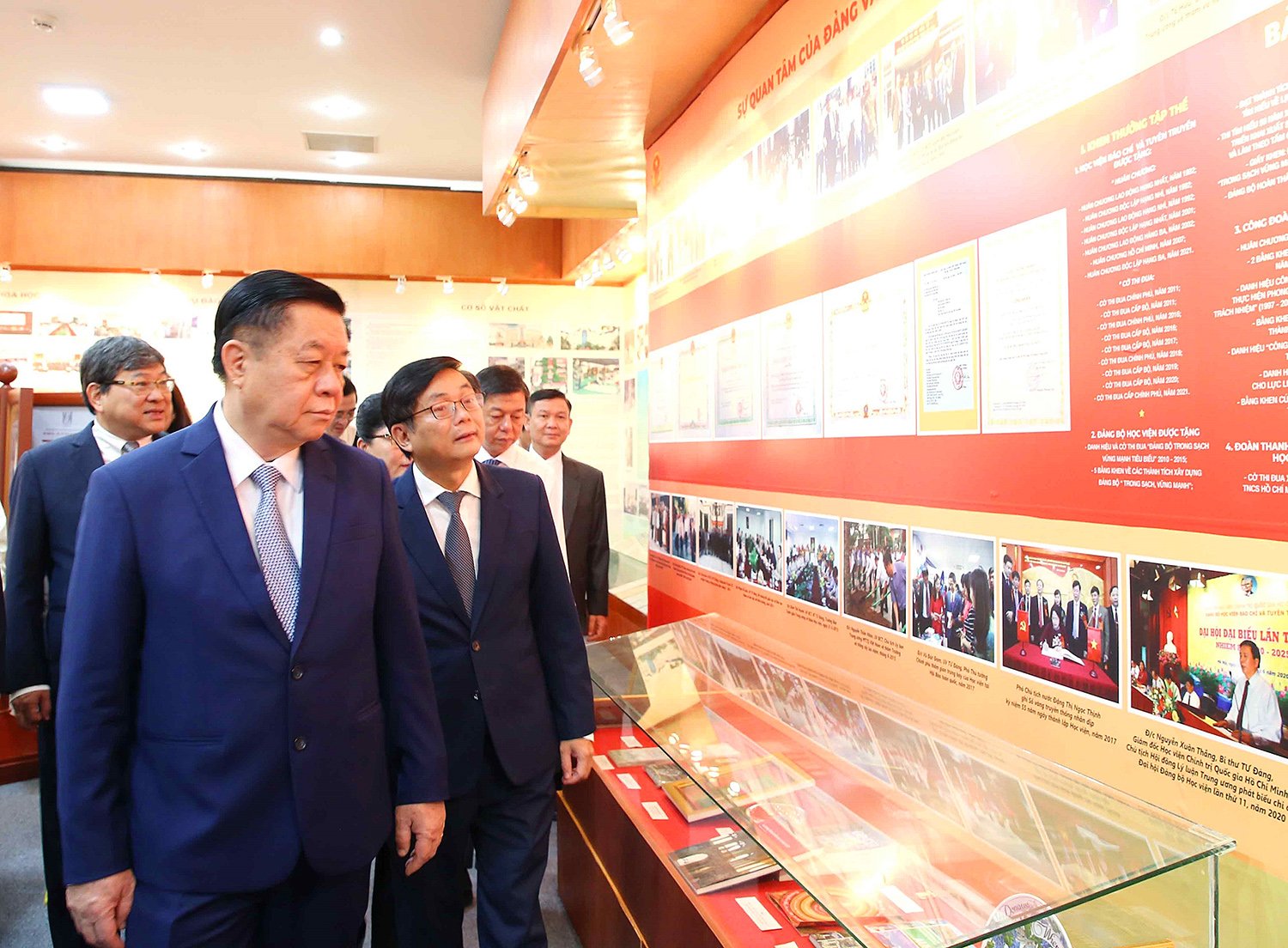
Some solutions in the future
The 13th National Party Congress clearly defined the guiding viewpoint on developing the intellectual team, emphasizing: “Build an increasingly strong and high-quality intellectual team to meet the requirements of national development in the new situation. Have a mechanism to promote democracy, freedom of creativity and uphold ethics and responsibility in scientific research. Prioritize investment in developing infrastructure, working environment, research, and innovation of intellectuals. Respect and treat appropriately talented people, Vietnamese scientists and technologists with high professional qualifications at home and abroad, especially leading scientists and scientists capable of presiding over especially important scientific and technological tasks. Truly respect and create conditions to improve the effectiveness of consulting and critical thinking activities of experts and intellectuals” (5) . This viewpoint not only shows a proper appreciation for intellectuals in general and the intellectual team of TTKHXH&NV in particular, but also provides a strategic orientation to resolve the "bottlenecks" that are hindering the process of promoting the role and contribution of this special force in the new context.
To realize that orientation and at the same time remove the "bottlenecks", it is necessary to focus on synchronously implementing a number of solutions:
First, reform the management mechanism to unleash the driving force for academic innovation.
Fundamentally reform the research management mechanism towards promoting innovation and enhancing academic autonomy. It is necessary to shift from an administrative mindset to a creative and service mindset, creating an open research environment - where new ideas are encouraged, academic differences are respected and innovation efforts are actively supported.
In addition, it is necessary to simplify administrative procedures, make the process of reviewing and evaluating topics transparent, and design reasonable financial policies to stabilize income and create sustainable motivation for the research team - especially young intellectuals. Reforming the management mechanism is not only to remove an immediate "bottleneck", but also the foundation for building an autonomous, responsible, and effective social science and humanities ecosystem, closely linked to the requirements of national development in the new situation.
Second, increase financial investment and academic infrastructure.
It is necessary to promote synchronous investment in finance and research infrastructure. Research and training facilities need to be equipped with modern facilities, digital libraries, data centers, open learning materials and institutions to support knowledge transfer, meeting the requirements of integration and interdisciplinary research.
Establishing stable, long-term funding mechanisms from the State and society to ensure sustainable resources for research of high practical value. The investment is not only to improve research capacity, but also to contribute to the formation of an academic ecosystem closely linked to life, where intellectuals truly accompany the nation in the process of innovation and sustainable development.
Third, expand academic cooperation in the direction of interdisciplinary and knowledge integration.
In the context of the complexity and intertwining of modern social issues, social sciences and humanities need to be placed in dialogue and resonance with the fields of natural sciences, engineering, technology, medicine, etc. to form systemic thinking and create comprehensive development solutions.
Interdisciplinary cooperation is not only a research organization technique, but also a new way to innovate knowledge. The formation of integrated research programs, multidisciplinary academic forums, and interdisciplinary professional exchange spaces... is the foundation for social sciences and humanities intellectuals to deeply participate in national initiatives, both to criticize policies and to suggest humane and sustainable directions for the development process.
At the institutional level, this requires ensuring flexible funding policies, simple administrative procedures, and creating new awareness in the education system and science management about the essential role of interdisciplinary research in the era of artificial intelligence, digital transformation and global integration.
Fourth, enhance the connection between research and social life practice.
In the context of the country's strong shift to a development model based on innovation and effective governance, connecting research with practice is not just an option, but a strategic necessity. Each scientific research topic must be a thinking tool to solve practical problems. The connection with businesses, government, and the community needs to be focused on and promoted in the direction of action thinking. The support, evaluation, and funding systems need to be adjusted accordingly to encourage works that create clear social impacts, instead of just accumulating academic publications.
It is also necessary to form intermediary institutions and have mechanisms and policies to facilitate knowledge transfer centers, policy consulting networks, and university-community connection offices to effectively play the role and task of bridging researchers and beneficiaries. These “bridges” not only spread scientific values, but also position the important position of social sciences and humanities intellectuals in the journey of national development.
Fifth, promote international cooperation and connect global knowledge networks.
International cooperation in social sciences and humanities research is a condition for accessing new knowledge and modern research methods, and a way for Vietnam to contribute its voice to global academic forums, thereby affirming its position and unique academic identity in the world's knowledge space.
Promoting international cooperation needs to overcome the phenomenon of mainly participating in exchange programs and international conferences, but should be identified as a strategic pillar in the policy of developing social sciences and humanities with specific tasks at the national level. That includes building a flexible funding mechanism, creating a favorable legal corridor, expanding the network of scholarly connections - while focusing on in-depth cooperation with major knowledge centers, where Vietnam's ideological, cultural values and humanistic development models can resonate.
Integrate academics to absorb and disseminate. Through scientific activities, introduce to the world the cultural, historical values, Ho Chi Minh's ideology and the aspiration for national development - thereby increasing the influence of the nation's "soft power" in a sustainable and profound way in the era of globalization.
Sixth, develop a set of criteria to evaluate research effectiveness based on social impact.
A developed social sciences and humanities cannot lack an evaluation mechanism that accurately reflects the value created for society. While many other fields can measure achievements by technical indicators or financial benefits, social sciences and humanities need to be evaluated by their contributions to thinking, policy consultation and cultural foundation - which are values that have long-lasting influence.
Therefore, it is necessary to form a set of criteria to evaluate research effectiveness based on social impact, reflecting the ability to shape awareness, engage in public policy, support social governance, inspire culture and contribute to improving the quality of life of the community. Not only a management tool, this set of criteria is also a lever to orient new research thinking: research is not only for publication, but also for service.
Establishing appropriate metrics for social sciences and humanities is a strategic step to position the role of intellectuals, arouse motivation for contribution, and at the same time create an academic environment that is responsible, closely connected to reality, rich in development inspiration and profound humanism.
Seventh, develop autonomous, democratic and responsible academic creative spaces.
In a rapidly changing world, only autonomous research spaces, where intelligence is liberated and responsibility is promoted, can create knowledge that is vital, profound and relevant to current events. The establishment of highly autonomous research centers should be considered a strategic priority, accompanied by a legal mechanism to protect academic rights, while promoting professional ethics and social commitment of scientists. There, the spirit of freedom is inseparable from the spirit of serving the Fatherland, honestly reflecting people's lives, creating humanistic and progressive values.
Such an academic space is not only a place to generate new knowledge, but also a place to form the ideological fortitude, political qualities and social responsibility of intellectuals. This is the foundation for developing a team of “both red and expert” - people who not only have deep knowledge, but also know how to commit and accompany the nation on the journey of development.
Eight, integrate social sciences and humanities in national development strategies.
The key point is to integrate social sciences and humanities into the process of designing development strategies - from economic, social, educational to environmental, urban, and cultural - right from the beginning. This is not only to ensure the humanity in policies, but also to orient sustainable development, harmonizing economic efficiency with human and social development.
Strategic thinking needs to start from people and the field of social sciences and humanities provides a deep understanding of the needs, motivations and value system of Vietnamese people. That is the basis for all major decisions to be imbued with the spirit of "development for people", as our Party affirmed in the 13th National Congress Document: "Maximize the human factor; people are the center, the subject, the main resource and the goal of development. Build Vietnamese people to develop comprehensively, closely and harmoniously between traditional values and modern values" (6) ./.
------------------------------------
(1) Ho Chi Minh: Complete Works , National Political Publishing House Truth , Hanoi, 2011, vol. 11, p. 243
(2) Complete Party Documents, National Political Publishing House, Hanoi, 2000 , vol. 67, p. 792
(3) Ho Chi Minh: Complete Works , op. cit. , vol. 5, p. 184
(4) See: Resolution No. 45-NQ/TW, dated November 24, 2023, the 8th Conference of the 13th Party Central Committee on "Continuing to build and promote the role of the intellectual team to meet the requirements of rapid and sustainable national development in the new period", https://tulieuvankien.dangcongsan.vn/he-thong-van-ban/van-ban-cua-dang/nghi-quyet-so-45-nqtw-ngay-24112023-hoi-nghi-lan-thu-tam-ban-chap-hanh-trung-uong-dang-khoa-xiii-ve-tiep-tuc-xay-dung-va-9941
(5) Documents of the 13th National Congress of Delegates , National Political Publishing House Truth, Hanoi, vol. I, p. 167
(6) Documents of the 13th National Congress of Delegates , op. cit ., vol. I, p. 231
Source: https://tapchicongsan.org.vn/web/guest/van_hoa_xa_hoi/-/2018/1099202/phat-huy-tri-tue-cua-doi-ngu-tri-thuc-khoa-hoc-xa-hoi-va-nhan-van-cong-phan-phat-trien-dat-nuoc-trong-ky-nguyen-vuon-minh-cua-dan-toc.aspx


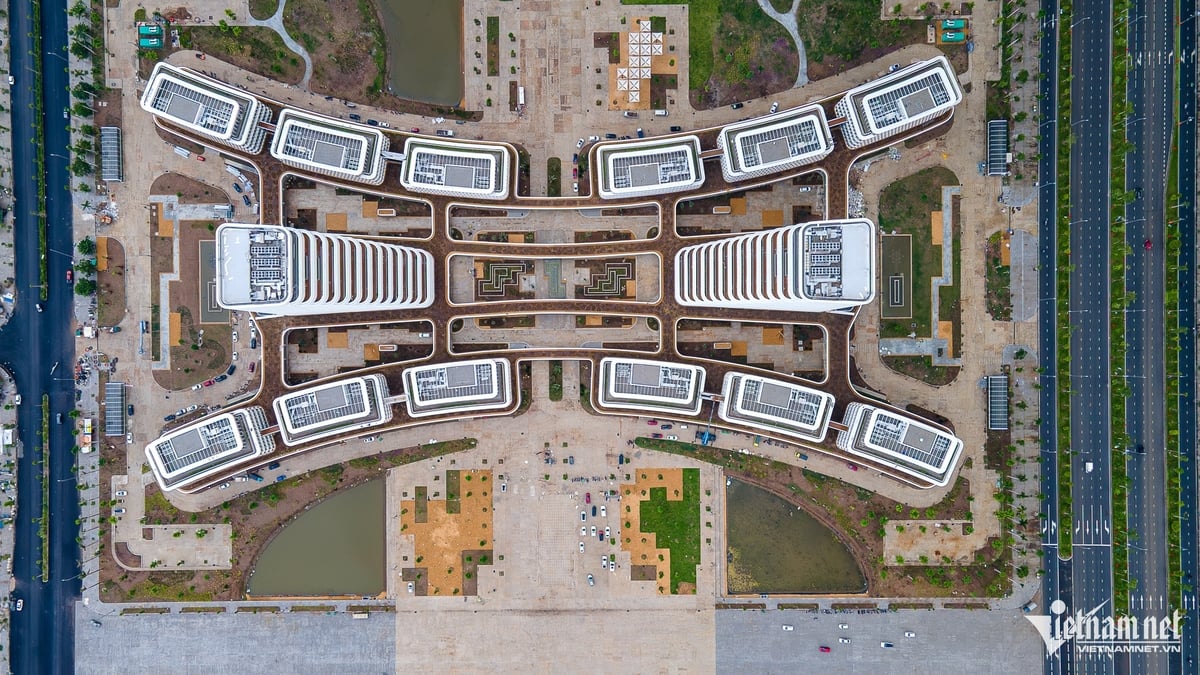







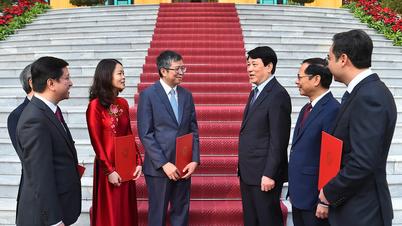
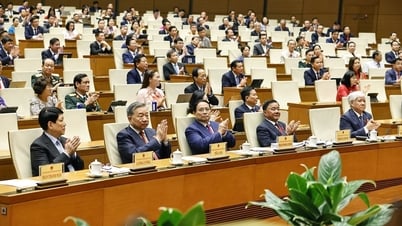

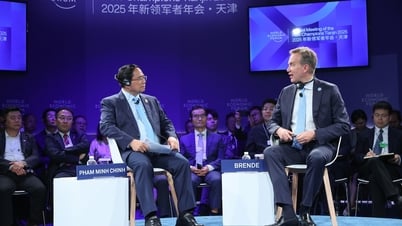

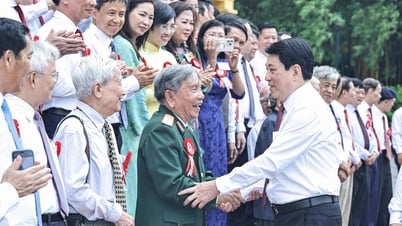

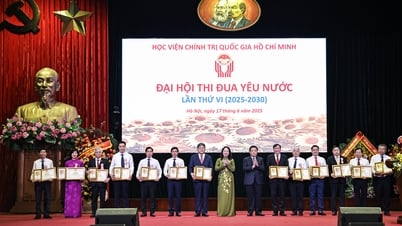






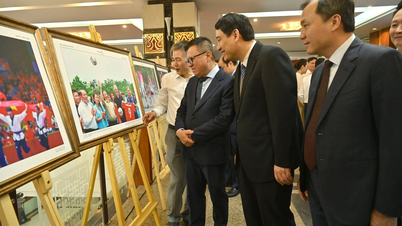

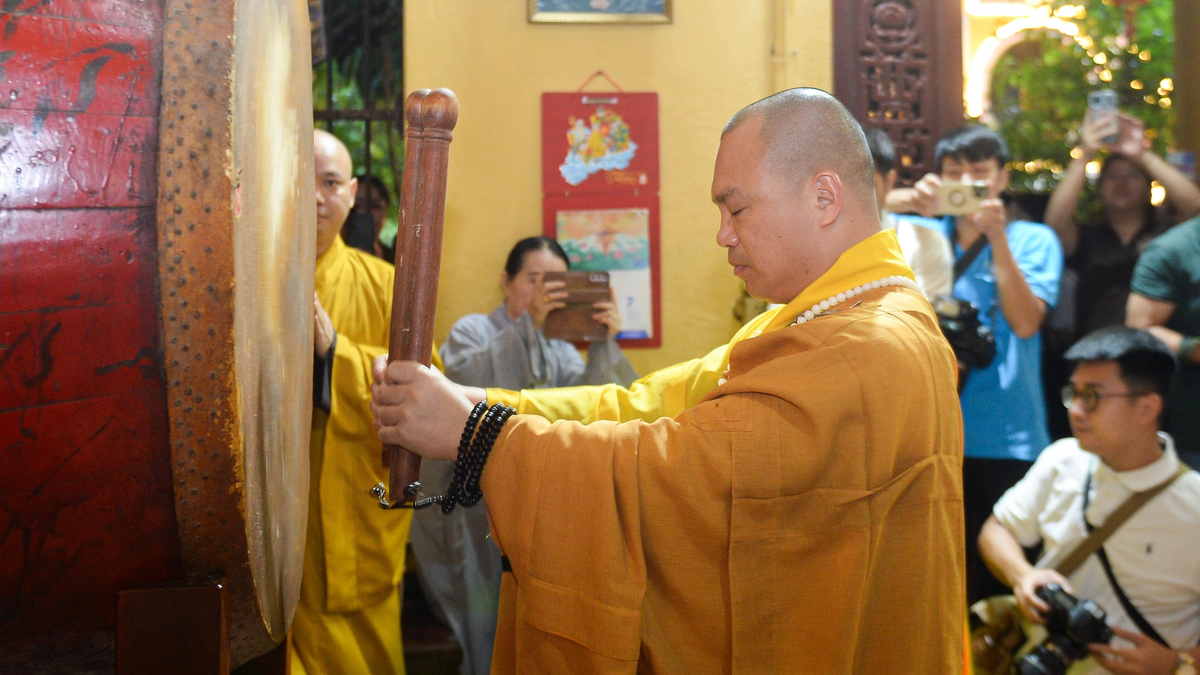
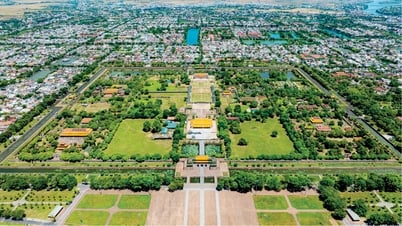





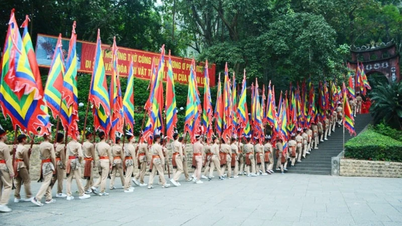









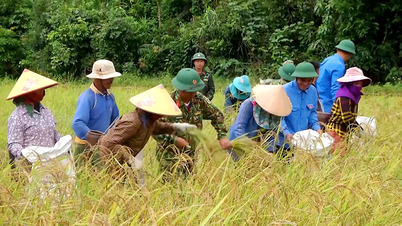
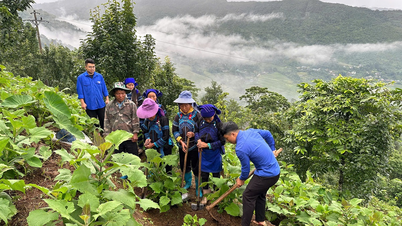

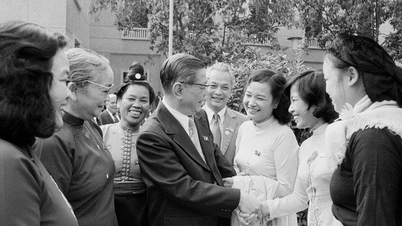
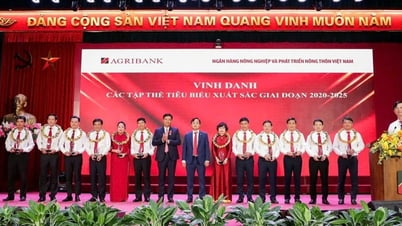

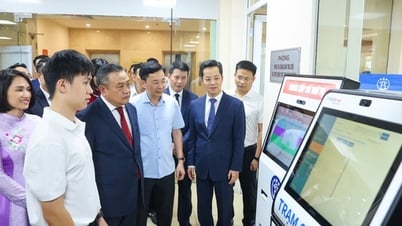
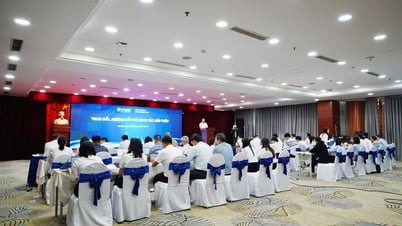



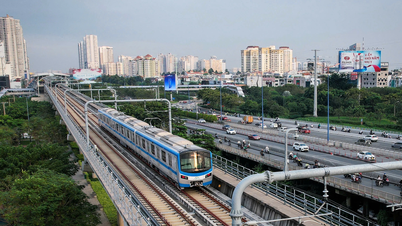









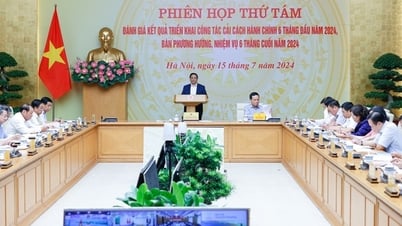

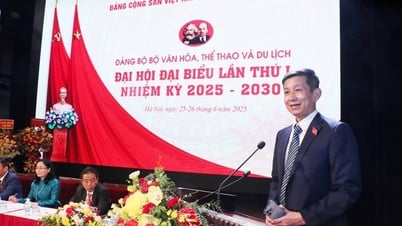



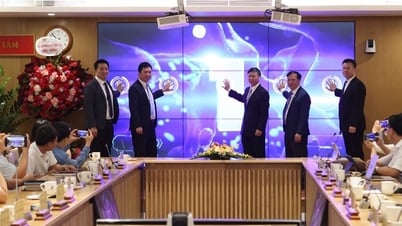


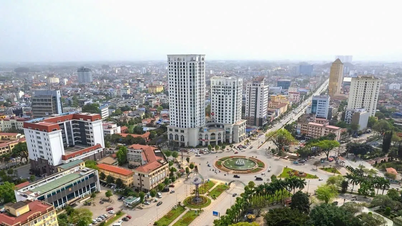

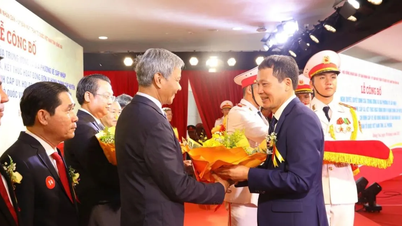
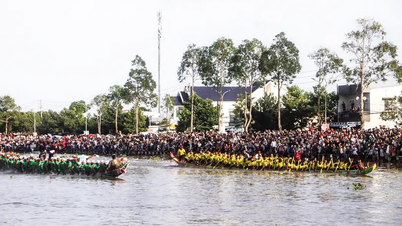



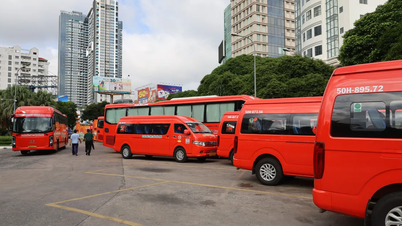

















Comment (0)